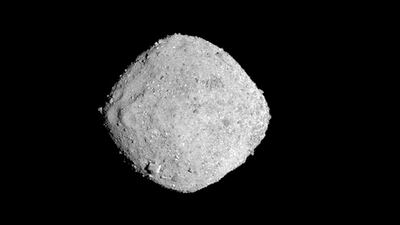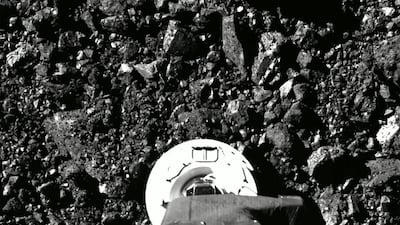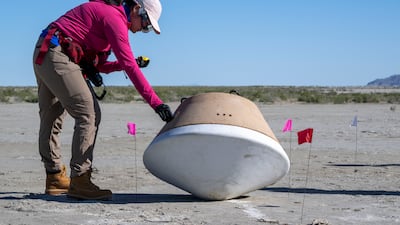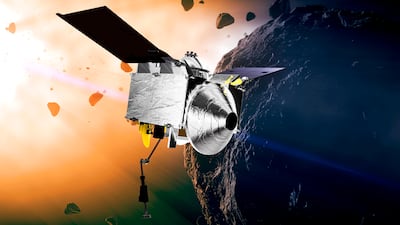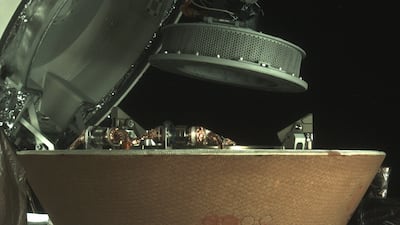A Nasa spacecraft is set to bring back asteroid samples to Earth today at 6pm after seven years of deep space travel.
The return marks the first mission of its kind by the US space agency, with only Japan so far succeeding in returning asteroid samples.
The Osiris-Rex spacecraft collected more than 60g of soil from the surface of the 492-metre asteroid Bennu, located about 330 million km from Earth, on October 20, 2020.
It is hoped studying the celestial object will help scientists gain insights into how the solar system was formed 4.5 billion years ago.
How to watch
As Osiris-Rex flies by Earth, it will release its sample return capsule into the atmosphere, which will then descend towards a Utah desert for a landing attempt.
Nasa will be live-streaming the moment the capsule will attempt to land on Earth, with the asteroid samples inside.
A broadcast on Nasa's website and social media channels will begin at 6pm on Sunday, September 24.
What is expected during the landing?
The craft will attempt to touch down on a US Department of Defence test and training range.
A parachute will be deployed upon re-entry.
Recovery crews will secure the sample return capsule and transport it to a clean room.
They will also collect soil and air samples around the canister before transporting it to Houston.
What is Bennu and how did the craft secure samples?
Bennu is a near-Earth asteroid that was first discovered in 1999 and is said to be formed from materials that date back billions of years.
“The Bennu sample may contain the molecular precursors to the origin of life and Earth’s oceans, and its study also will help scientists understand planet formation,” Nasa said.

The sample collection was a complex process because there was an 18.5-minute delay in sending and receiving signals between mission control and the craft due to the distance.
Navigation cameras on the capsule helped it successfully reach the asteroid.
Bennu orbits the sun at 101,388km/h. Osiris-Rex was programmed to travel towards it at about 19,400km/h and slow itself down on approach.
Once close enough, the spacecraft extended its robotic arm and vacuumed up samples.
Nasa almost lost the samples
During the collection process, a large rock prevented the container holding the samples from closing properly, causing some dust and rock to escape into space.
To save the mission, Nasa instructed the return capsule to close ahead of time and store about 60g of samples.
First US asteroid-sample-return mission
Only Japan so far has succeeded in asteroid-return missions.
Both of Japan’s Hayabusa missions successfully delivered material from two different asteroids.
However, the first mission brought back grains that showed only ordinary chondrites, the most common type of meteorite.
